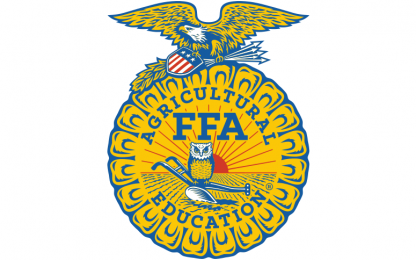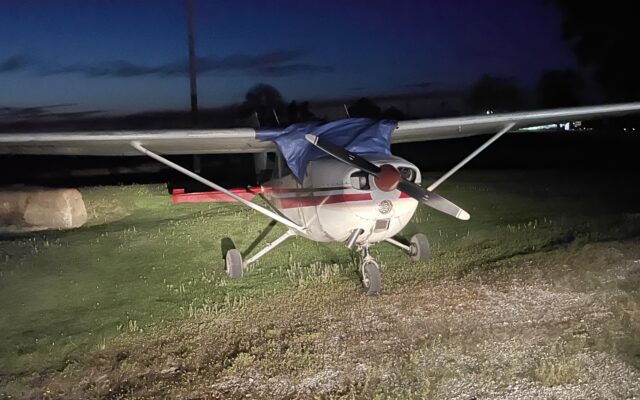Papers Required For Some Animals At State Fair As VSV Spreads In SWMO

Two more counties in Southwest Missouri have had confirmed cases of vesicular stomatitis virus, while another three counties have suspected premises quarantined as tests remain pending. Earlier this week, USDA’s Animal and Plant Health Inspection Service reported confirmed cases of the virus in horses at three farms in Jasper County and another in Lawrence County. A fifth operation in Newton County also tested positive. The Missouri Department of Agriculture says they are also investigating suspected cases in Cedar, McDonald and Polk counties.
VSV primarily affects horses but can also infect cattle, swine, and other hooven animals. The virus causes blister-like lesions to appear in and around the mouth, nose, and coronary band. Crusting scabs can also appear on a horse’s muzzle, lips and ears. Excessive salivation, fever, and a reluctance to eat are also symptoms. Infected horses may be treated with anti-inflammatory medication to minimize swelling and kept on soft feeds to ensure they continue eating and drinking.
While the virus is usually non-fatal, the increase in cases across Missouri and two neighboring states has prompted the Missouri Department of Agriculture to increase safeguards at the Missouri State Fair. Anyone planning to show a hooven animal from a county with a positive case will be required to have a certificate of veterinary inspection no more than 48 hours prior to arriving on the fairgrounds. The papers, which will be required at check-in, will need to show that a veterinarian has inspected each animal and found that they are not carrying VSV.
Additional details about VSV are available on USDA’s website. Anyone suspecting that an animal has become infected should isolate them and report the suspected case to the Missouri Department of Agriculture’s Division of Animal Health at 573-751-3377.






